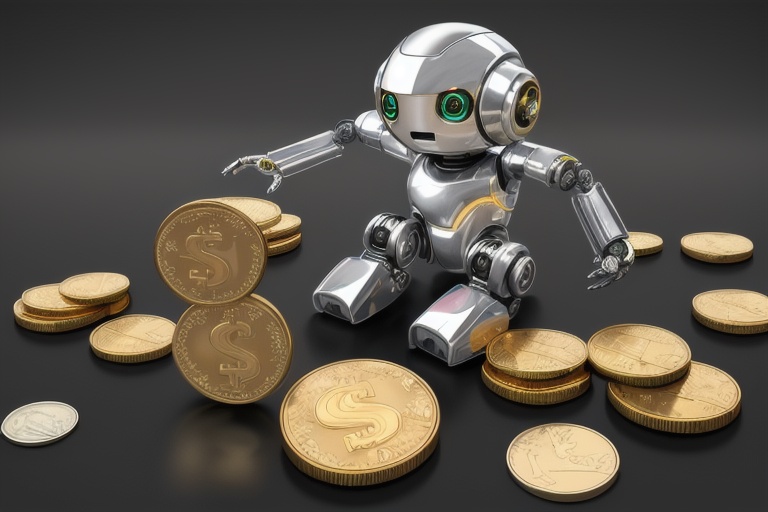Artificial intelligence (AI) represents a transformative leap in technology, with its applications permeating various sectors of contemporary life. Enabling machines to learn from experience, adapt to novel inputs, and undertake complex tasks that are typically associated with human intelligence, AI has ushered in a new era of innovation and efficiency. The concept itself isn't new—having been first named in 1956—but the explosion in data, progression of algorithms, increases in computational power, and advances in storage have fueled AI's rapid ascent to prominence in recent years.
Artificial intelligence (AI) represents a transformative leap in technology, with its applications permeating various sectors of contemporary life. Enabling machines to learn from experience, adapt to novel inputs, and undertake complex tasks that are typically associated with human intelligence, AI has ushered in a new era of innovation and efficiency. The concept itself isn't new—having been first named in 1956—but the explosion in data, progression of algorithms, increases in computational power, and advances in storage have fueled AI's rapid ascent to prominence in recent years.
The Evolution of Artificial Intelligence
The journey of AI began with the intent to replicate human problem-solving skills and symbolic processes. Pioneering efforts in the 1950s laid the groundwork, which the U.S. Department of Defense built upon in the 1960s, aiming to simulate human reasoning in computers. This led to advancements in various intelligent systems, including decision-support and smart search systems that are commonplace today.
AI in Healthcare and Retail
Two fields where AI has made significant strides are healthcare and retail. Within the healthcare sector, AI stands on the cusp of revolutionizing patient care and medical research. It enables the swift analysis of vast patient datasets, facilitating early disease detection and paving the way for predictive diagnostics. AI-driven chatbots offer immediate medical advice, thus alleviating the workload on healthcare professionals. Moreover, AI applications assist researchers in delving into genomic data, paving the way for tailored treatments and novel drug discoveries.
The retail industry, too, has harnessed AI to redefine customer interaction and streamline operations. Recommendation systems powered by AI curate personalized shopping experiences, bolstering customer satisfaction and fostering brand loyalty. Innovations like computer vision have also given rise to cashier-less shopping environments, enabling a smoother customer journey. On the supply chain front, AI's predictive capabilities ensure efficient inventory control, enabling timely restocking and minimizing wastage.
AI Across Various Domains
AI's impact extends beyond healthcare and retail, with its influence being evident across numerous other sectors. In the financial realm, AI algorithms delve into extensive financial datasets to flag inconsistencies and forecast market dynamics. Self-driving vehicles, endowed with AI, promise to redefine transportation, offering safer and more efficient travel. The cybersecurity domain greatly benefits from AI's ability to detect cyber threats instantaneously, ensuring the security of critical data. Even the creative arts are no strangers to AI, with algorithms now capable of producing music, art, and literature.
Addressing AI's Limitations and Ethical Concerns
Despite its impressive advancements, AI is not without its shortcomings. It does not possess the broad intelligence and cognitive prowess characteristic of humans. Not to mention, AI's rapid rise has sparked conversations on issues ranging from job displacement to privacy. It is imperative that we institute robust regulations and ethical standards to guide AI's development and implementation.
Artificial intelligence has significantly evolved since its inception, and with continuous technological developments, it is revolutionizing industry practices, amplifying efficiency, and bettering our day-to-day experiences. From enhancing how we receive medical treatment to transforming our shopping habits, AI has become an indispensable facet of modern living. Nevertheless, it is critical to tackle the ethical and societal challenges posed by AI to harness its benefits thoroughly and responsibly.
As we venture into the future, embracing AI's potential while being mindful of ethical considerations is crucial. Exploring and refining AI technology remains key to enhancing its positive impact on society, thereby crafting a future where AI not only propels innovation but also upholds the public interest.
Information for this article was gathered from the following source.




